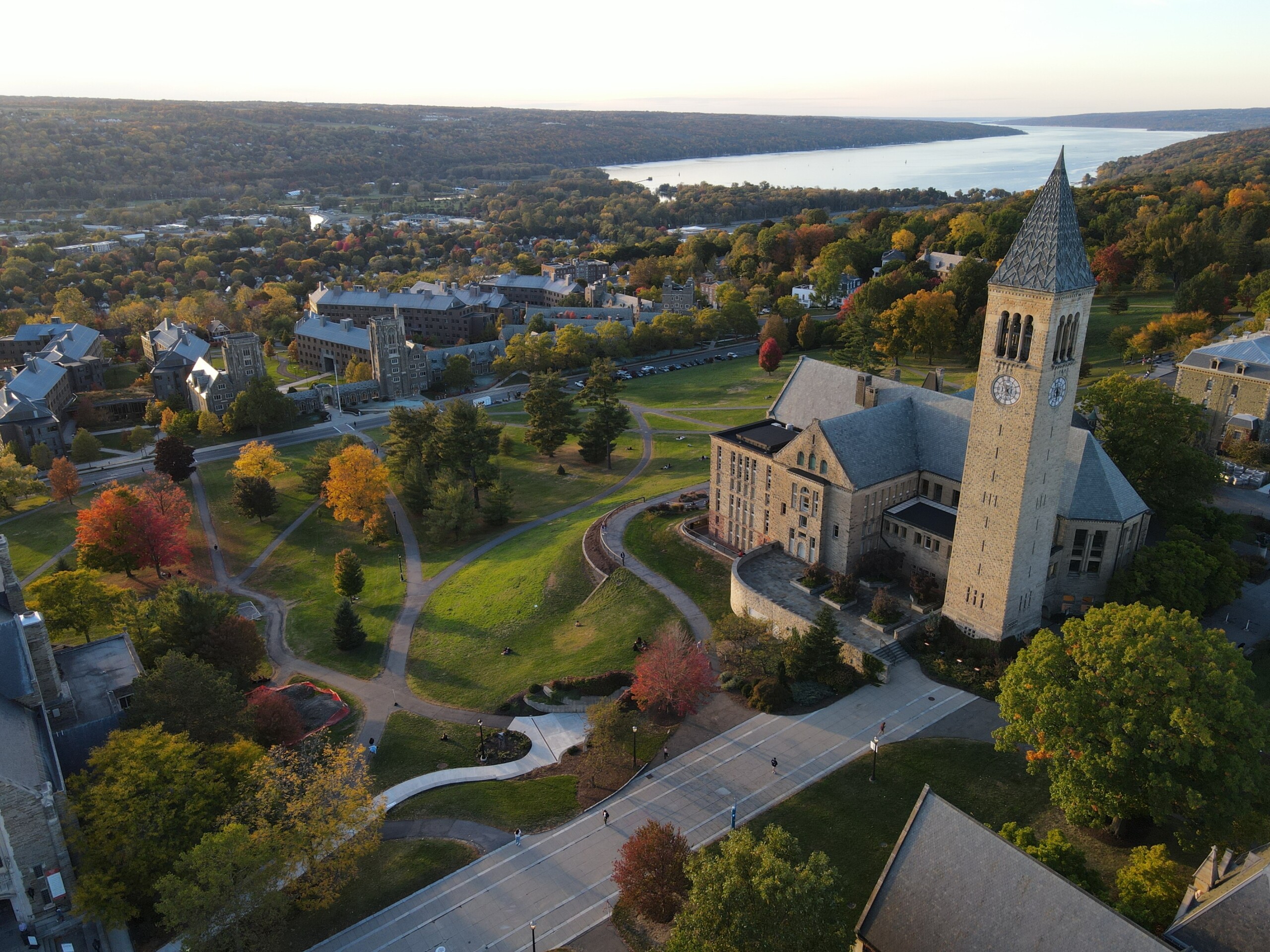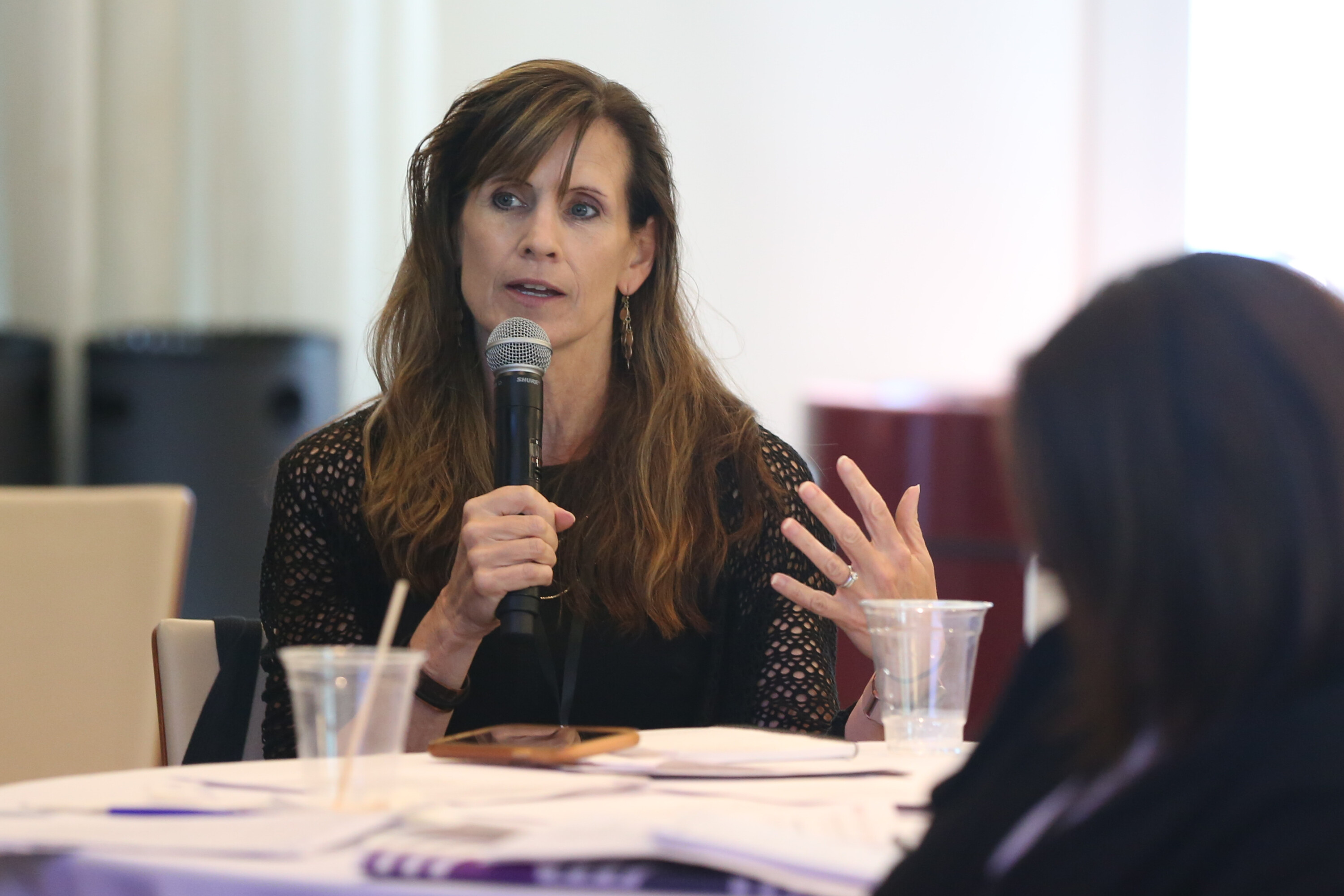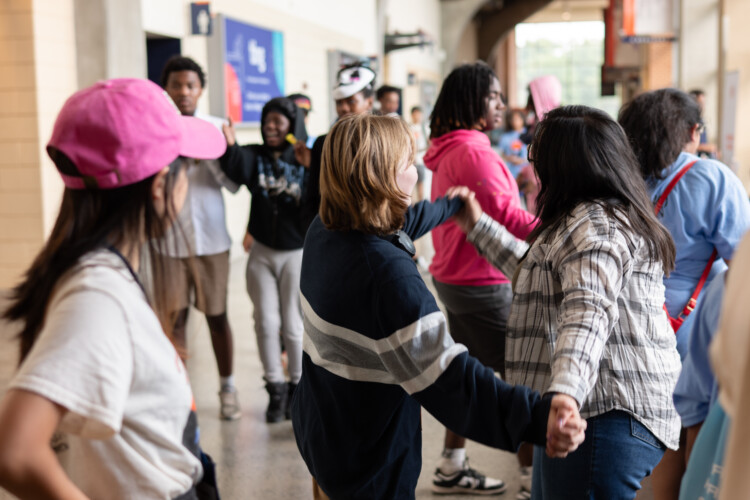The Trustees of the William T. Grant Foundation have approved continuation grants for four research-practice partnerships currently funded under the Foundation’s Institutional Challenge Grant program:
- Northeastern University and the City of Boston’s Office of Youth Employment and Opportunity
- University of California, Santa Cruz and the United Way of Santa Cruz County
- Johns Hopkins University and the Fort Belknap Indian Community
- Boston College and the United Way of Massachusetts Bay and Merrimack Valley.
The continuation grants will support the partnerships’ efforts to connect youth with summer employment; engage low-income, Latinx middle and high schoolers through participatory action research; improve behavioral health outcomes for Indigenous youth; and support a school-based homelessness prevention program, respectively.
The Institutional Challenge Grant supports university-based research institutes, schools, and centers in building sustained research-practice partnerships with public agencies or nonprofit organizations in order to reduce inequality in youth outcomes. Each partnership receives an initial three-year award of $650,000, and all grantees have the opportunity to apply for a two-year continuation grant of $350,000 to solidify the partnership and institutional changes.
***
As part of the program, Institutional Challenge Grantees must conduct rigorous, co-designed research on strategies to reduce inequalities in youth outcomes and strengthen the capacity of partner agencies to use research in their practice—a feat for which each partnership has demonstrated success.
In Boston, research produced by the partnership between the Office of Youth Employment and Opportunity and Northeastern University informed the city’s summer youth employment program, which employed nearly 10,000 students last year. Based on that work, Mayor Michelle Wu recently announced that the city would expand the program to guarantee a job for every Boston Public Schools student who wants one this summer. “Thanks to our incredible research partners at Northeastern University, we have the numbers and we know what works,” Wu said during her State of the City Address. “The data shows clearly that summer jobs increase high school graduation rates, decrease the likelihood of involvement with the court system and boost future employment opportunities.”
With the continuation grant, the partnership will fund new positions to support the youth employment program, conduct a youth participatory action research project to identify and reduce barriers to summer employment among youth from low-income families, and evaluate the impact of a program to expand post-secondary education and training opportunities. This continuation grant was co-funded by the Equity Initiative of the American Institutes for Research.
At the United Way of Massachusetts Bay and Merrimack Valley, which is evaluating the impact of a homelessness prevention program on student outcomes alongside a team from Boston College, the partnership has transformed its operations to incorporate research use into its organizational planning. The United Way facilitated the creation of coordinating groups that value the partnership’s research to address homelessness, including the City of Boston’s Special Commission to End Family Homelessness and the Boston Public Schools, both of which have integrated the partnership’s research into their strategic plans.
In the continuation period, the partnership will examine the impacts of homelessness on student outcomes, evaluate whether the rapid receipt of homelessness prevention services improves student outcomes, and develop a family homelessness risk screener to more effectively allocate prevention resources. This continuation award was co-funded by the Doris Duke Foundation.
***
Grantees must also take steps to enhance institutional infrastructure for supporting and rewarding community-engaged research.
At Johns Hopkins University School of Nursing, which is partnering with the Fort Belknap Indian Community to address the behavioral health needs of Indigenous youth, the Institutional Challenge Grant has bolstered efforts to support Indigenous research-practice partnerships and center Indigenous perspectives in its curriculum. During the first three years of their grant, the school has tripled the number of Indigenous faculty, created a university-wide Indigenous faculty alliance, and partnered with agencies for a Land Acknowledgment Celebration, among other initiatives. With the two-year continuation, the school will implement faculty professional development training for Indigenous content and seek funding for a Native American Health Initiative.
For UC Santa Cruz, which has collaborated with the United Way of Santa Cruz County to engage Latinx students through participatory action research, progress toward institutional change stretches beyond campus. Together with the Berkeley Institutional Challenge Grant team, Santa Cruz formed a UC-wide community engagement network, to advance structural supports for collaborative research. During the initial grant period, UC Santa Cruz also created a new campus center focused on engaged scholarship, designed guidelines for evaluating engaged scholarship in tenure and promotion, and worked with the Institutional Review Board to address the ethical challenges posed by engaged research. With continuation funding, UC Santa Cruz will streamline the IRB process for faculty working in partnerships, work with the Community Engagement Network to address barriers that inhibit partnership work, and collect better campus data on engaged scholarship.
***
“These four grantees have already accomplished so much in terms of strengthening their partnerships, conducting and using research to improve youth lives, and advancing institutional change on the university side to recognize, reward, and incentivize engaged research. We look forward to seeing what more they can achieve in the continuation period,” said Senior Program Officer Jenny Irons, who manages the program.







